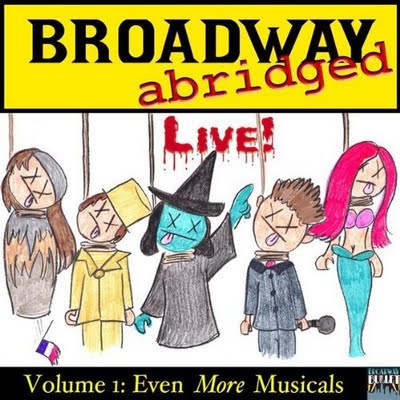Michael Riedel's Post post hits a few nails this morning:
Oh, I see I can e-mail him. I wonder if he'll respond.
The producers of "Billy Elliot" ... are "only" charging $300 for premium seats. But they have increased the price of mediocre seats... $135, as opposed to $121 at most other shows....Broadway has turned its back on the working and middle classes. If you're not rich, if you don't have a loft in SoHo or a three-bedroom on the Upper West Side or a house in Westport, get lost, we don't need you, you can't afford us. If you really want to take the family to a show, check out the Ice Capades.
So here's the question Reidel, no sarcasm intended: what do you suggest be done? The Producers brought top ticket prices to $100; Young Frankenstein pushed Premium to $450. We can blame Brooks, but:
- He's practically the only one actually making money.
- Most shows run for years without profit; producers always seem at a financial loss.
- The actors/stagehand/musicians/etc unions complain that they're not being given their fair share.
- And all that said, theatregoers like myself lament the absurdly-high ticket costs.
Oh, I see I can e-mail him. I wonder if he'll respond.

















2 Comments